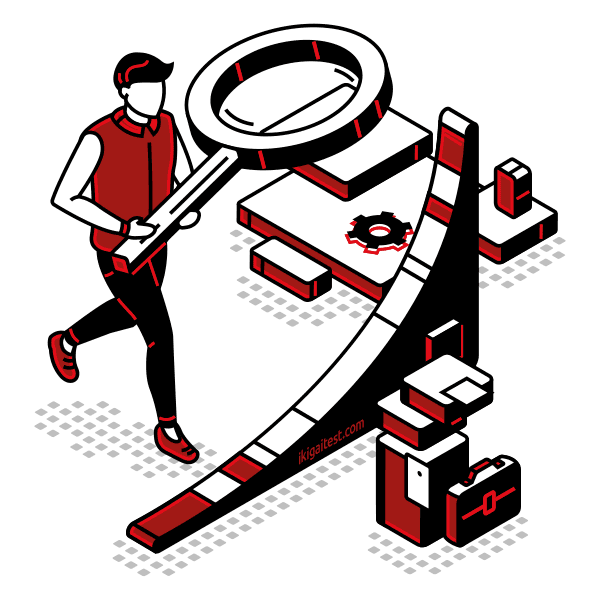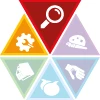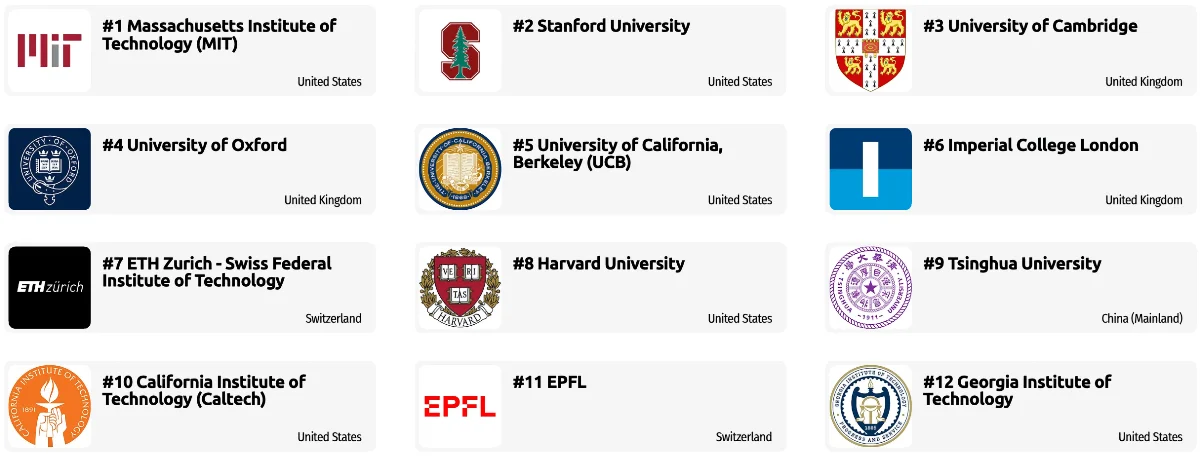Inspector

Inspectors should be great at:
- Estimating sizes, distances, and quantities; or determining time, costs, resources, or materials needed to perform a work activity.
- Observing, receiving, and otherwise obtaining information from all relevant sources.
- Identifying information by categorizing, estimating, recognizing differences or similarities, and detecting changes in circumstances or events.
- Inspecting equipment, structures, or materials to identify the cause of errors or other problems or defects.
Strategist

Most strategists should excel at:
- Establishing long-range objectives and specifying the strategies and actions to achieve them.
- Analyzing information and evaluating results to choose the best solution and solve problems.
- Developing specific goals and plans to prioritize, organize, and accomplish your work.
- Scheduling events, programs, and activities, as well as the work of others.
Other work activities related to Human factors engineers and ergonomists
- Writing, reviewing, or commenting on documents, such as proposals, testing plans, or procedures.
- Training users in task techniques or ergonomic principles.
- Reviewing health, safety, accident, or worker compensation records for evaluating the safety programs effectiveness or for identifying jobs with high incidence of injury.
- Providing human factors technical expertise on topics such as advanced user interface technology development or the role of human users in automated or autonomous sub systems in advanced vehicle systems.
- Investigating theoretical or conceptual issues, such as the human design considerations of lunar landers or habitats.
- Estimating time or resource requirements for ergonomic or human factors researching or development projects.
- Conducting interviews or surveys of users or customers to collecting information on topics such as requirements, needs, fatigue, ergonomics, or interfaces.








